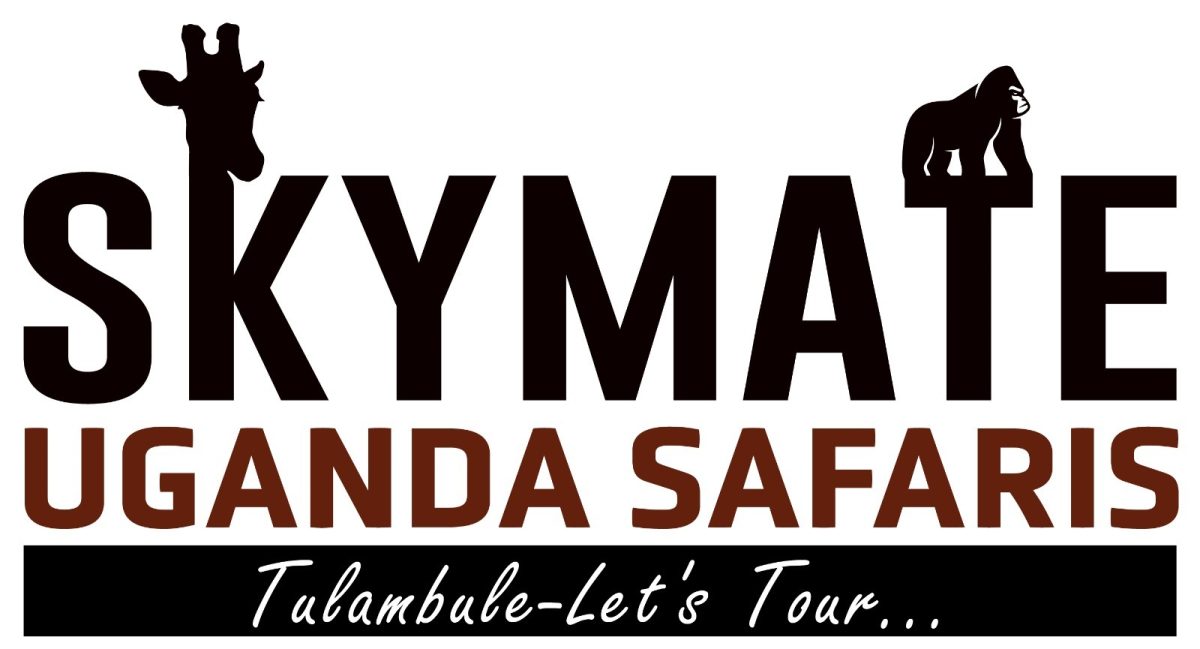Is Rwanda safe to visit? The short answer – yes! Rwanda is safe for travel. It is one of the safest travel destinations to visit in Africa and one of the countries with a stable political environment.
Rwanda was recently voted the world’s 9th safest country and Africa’s safest country by the World Economic Forum – ahead of Qatar, Luxembourg, Portugal, New Zealand, Austria, Estonia, Sweden, Slovenia, Spain, Netherlands, and Morocco. In 2022, this tiny central-east African country was also listed as the sixth-safest country in the world for solo travelers.
Rwanda’s response to the horrific 1994 genocide was an effort to pull the country together, rather than further dividing it. Today this has the effect of a solid safety record for travelers on Rwanda safaris and Rwandans, with an emphasis on security.
Overall, Rwanda is a safe destination for tourists to visit. And in this post, we talk about how safe it is to visit Rwanda and share tips on Rwanda travel safety:
How Safe Is Rwanda for tourists?
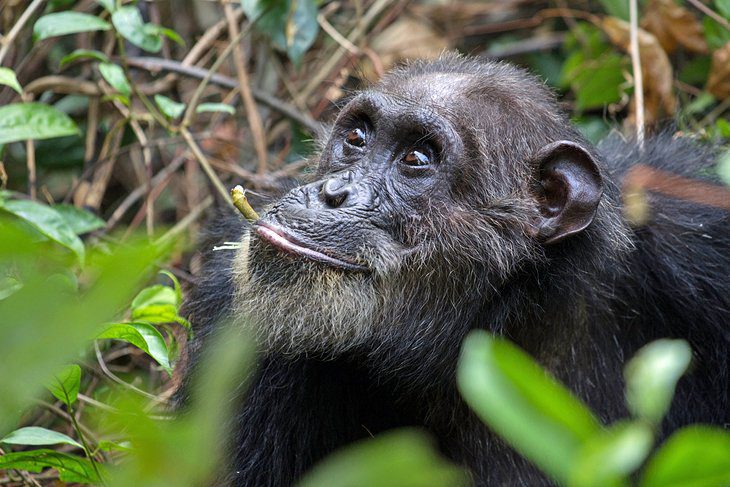
Rwanda is one of the cleanest, friendliest and safest places you can visit in Africa. After the 1994 genocide, the government of Rwanda embarked on a program of nation-building.
Aided by a stable political climate, this involved establishing a national identity around being a Rwandan which included stiff fines for racist or divisive talk or behavior.
Rwanda also implemented a nationwide community service known as Umuganda. As a result, Rwanda is very safe and clean, with a culture of care that permeates the society. Tourism in Rwanda has had a positive impact on many Rwandans.
Each year, thousands of tourists visit the country to see the rare and endangered mountain gorillas that live in Volcanoes National Park. There are, of course, many other exciting attractions to see, but these are undoubtedly the heavy hitters. As tourism plays a huge role in the economy of Rwanda, the country does its best to ensure its visitors’ safety and comfort.
However, it is important to note that Rwanda is not perfect. The country is still poor, and the geopolitical situation with DR Congo sometimes results in border tensions. However, for the vast majority of visitors to the country, Rwanda is a safe safari destination.
Is Rwanda safe for American Tourists?
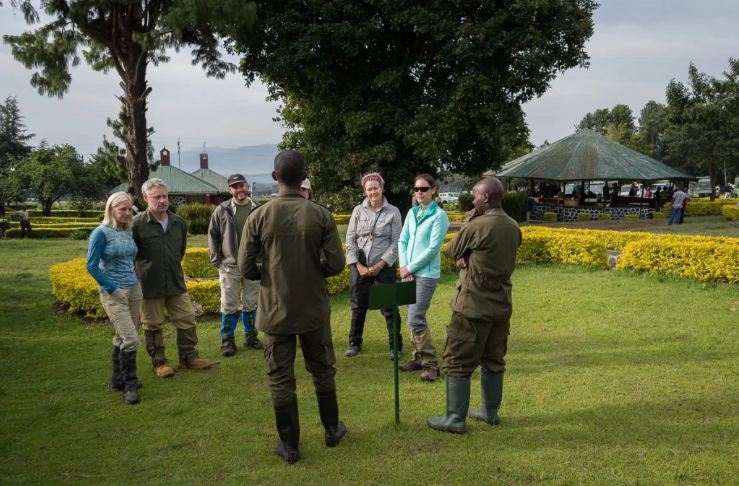
Yes, Rwanda is completely safe for American tourist and every nationality to visit.
When consulting travel advisories compiled by foreign governments, the risk associated with travel to Rwanda is often exaggerated.
To reiterate, any potential risks are also largely mitigated when booking with a reputable tour operator. It is also worth noting that Rwandans are known to be friendly people who welcome thousands of tourists to their home on an annual basis.
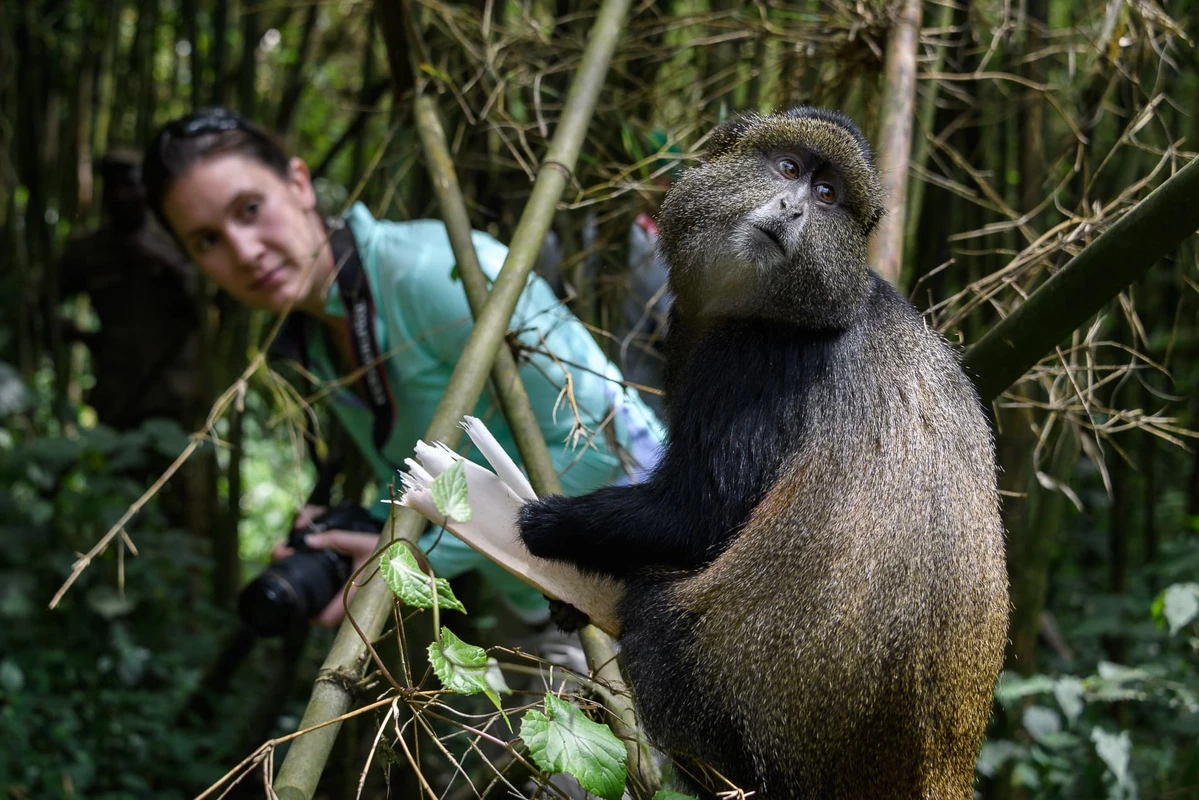
6 Days Rwanda Gorilla, Community & Conservation Safari
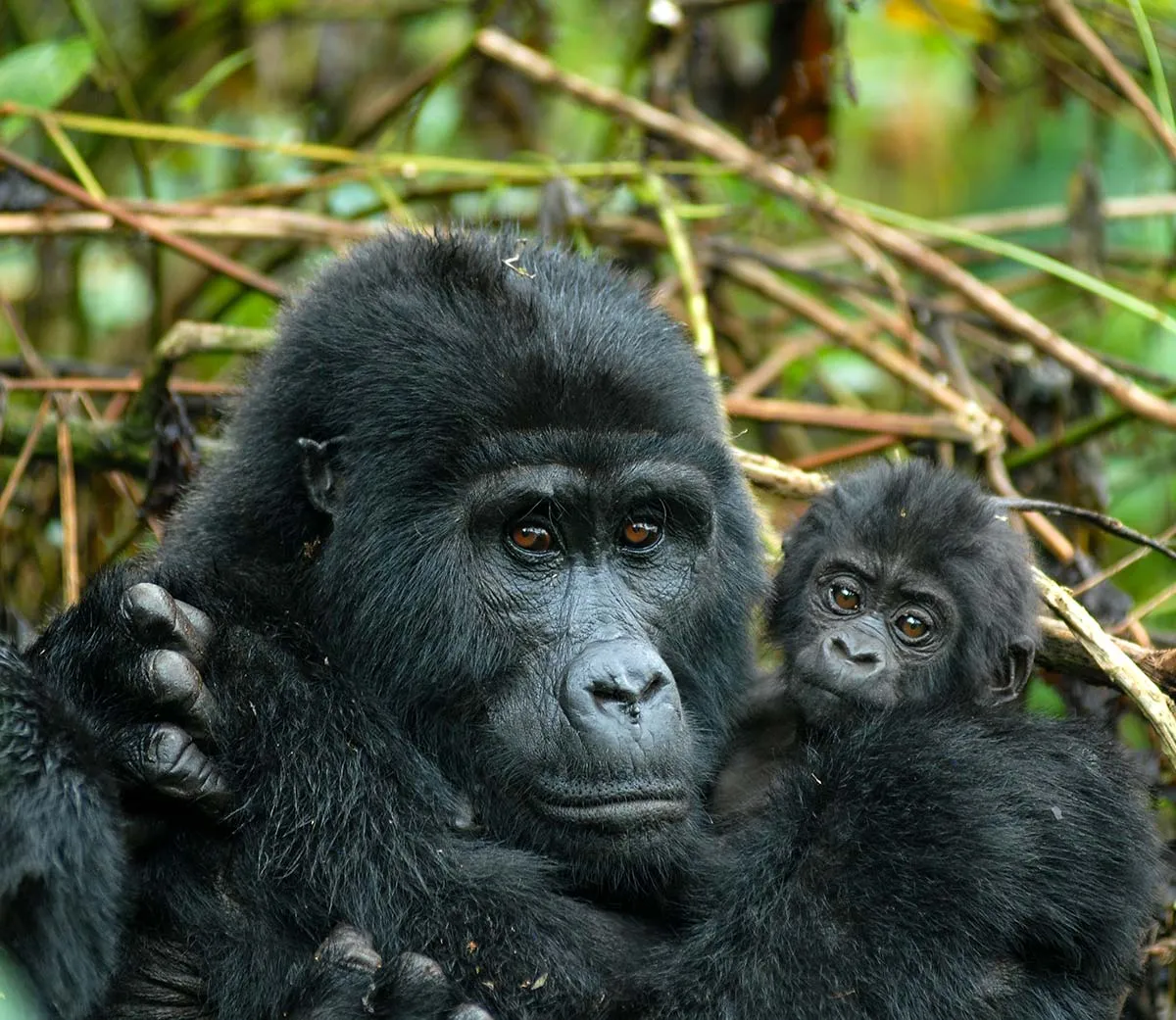
4 Days Affordable Rwanda Gorilla Trekking Safari
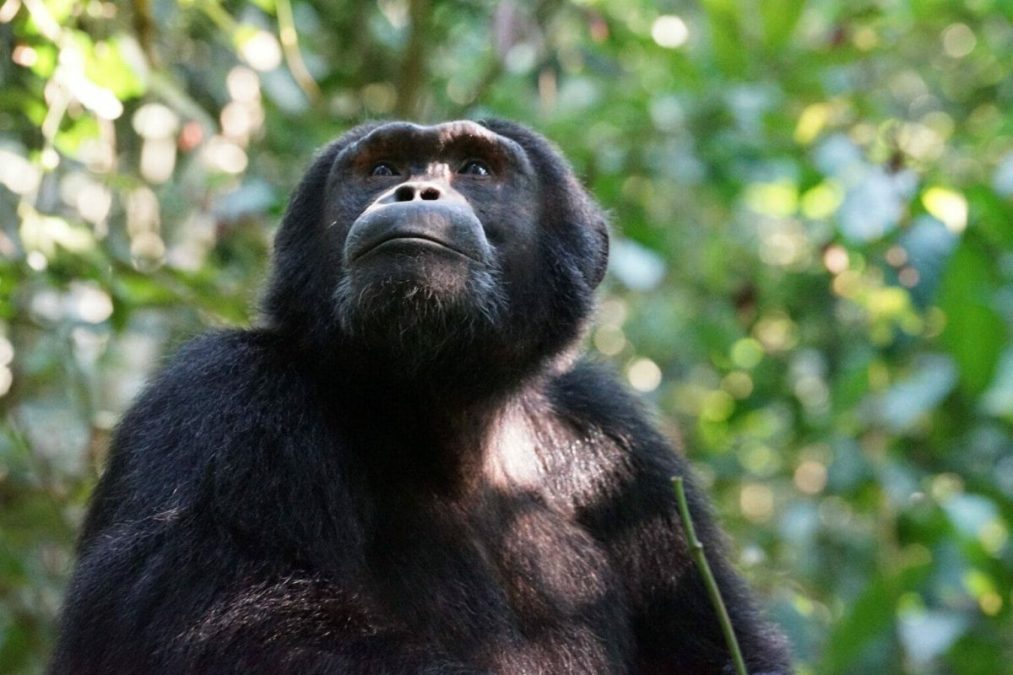
12-Day Uganda Rwanda Safari – The Ultimate Itinerary
What Are The Risks Of Going To Rwanda?
Rwanda, like many countries across the world, has its trials and tribulations.
While research is important, and can help you to know what to expect, misinformation is misleading and can paint the country in a negative light.
We advise you to speak to our dedicated team of Rwanda safari experts and allow them to address any questions or concerns you may have.
Remember, Tulambule tailors Rwanda safari itineraries to include safe transportation and accommodation with trusted, professional suppliers, ensuring you are in the best hands as you explore this exquisite tiny country at your fingertips.
Travelling to Rwanda is no more dangerous than visiting any other country. But it’s always good to be aware of the possible risks that might come up:
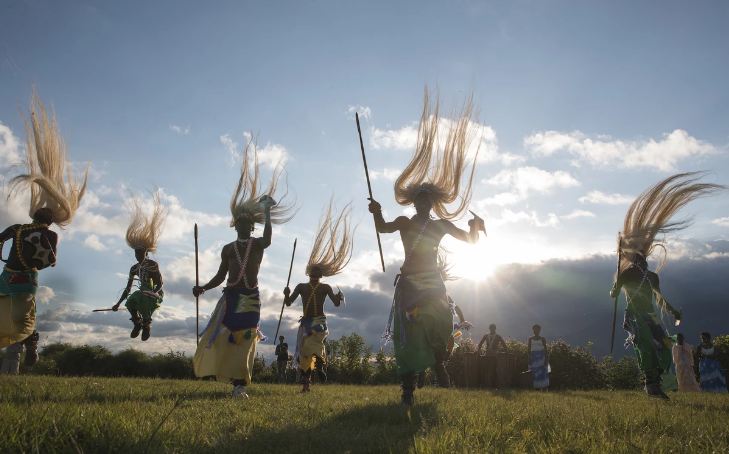
1. Crime In Rwanda
Please note that while Rwanda is one of the safest countries in Africa to visit, there is crime.
Mostly, crime in Rwanda is limited to pickpocketing, petty theft, fraud, credit card scams, and car break-ins. Needless to say, these incidents are more common in Kigali city, around busy markets, stations, and shops. Violent crimes against tourists are rare.
As with any destination, there are a few street-smart rules to follow. Be aware of your surroundings, and avoid flashing expensive phones, cameras, watches, or jewelry, and never leave valuables in your car. In addition to these, do not walk around alone after dark.
If you’re a victim of a crime, report it at the nearest police station. The Rwanda Police are pleasantly reliable. Being aware that crime does happen is an important part of any trip, but do not let it ruin your vacation. Rwandan people are famously friendly, welcoming, and hospitable.
2. Rwanda Border Areas
The border areas between Rwanda and DR Congo are a risk due to ongoing political tension and conflict.
This border runs through the Virunga Volcanoes and lies in Volcanoes National Park. Ongoing conflict between the government of Congo, M23 rebels, and the Rwandan government in the eastern DR Congo has resulted in an unstable climate.
Virunga National Park in Congo monitors the conflict and only allows tourists when the situation is stable. Similarly, both the border between Rwanda and DRC, and the border area that runs through Volcanoes National Park are closely monitored.
The areas with gorillas visited by tourists are not affected by these conflicts. Visitors doing gorilla trekking safaris must abide by permits and are accompanied by experienced guides which helps ensure visitors’ safety.
Tulambule have a vested interest in delivering excellent safari experiences. As a result, we stay informed and up-to-date with travel information. If you would like to talk to an experienced consultant about the safety aspect of going gorilla trekking in Rwanda, contact us.
3. Wildlife In Rwanda
Any and all visitors are reminded that when visiting national parks with wildlife, it’s important to listen to the experienced guides and rangers accompanying you.
While all expeditions and encounters are carefully managed, there are still local wildlife laws and safety precautions that need to be adhered to.
This is simply a reminder to listen to professionals when in environments you’re unfamiliar with. An example of this would be when guides tell you to always keep the recommended distance (at least 7 meters / 23 feet) from gorillas.
4. Food And Water Safety In Rwanda
When it comes to quenching your thirst, tap water isn’t recommended in Rwanda.
For environmental reasons, try to avoid buying bottled water. Fill a reusable water bottle or canteen with filtered water. Ask your leader where filtered water can be found; some hotels we stay in may have drinking water available.
It’s also advisable to avoid ice in drinks and peel fruit and vegetables before eating.
Additionally, when staying at some of the top lodges, hotels and camps in Rwanda, you can expect nothing but quality, delicious food crafted to the highest standards. Each meal will be well thought out, meticulously prepared, and leave you looking forward to more.
5. Malaria Risk In Rwanda
Malaria is a high risk throughout most of Rwanda, except for Volcanoes and Nyungwe National Parks where the risk is low due to the high altitude.
Akagera National Park and the Lake Kivu area are particularly high-risk zones. The highest risk of transmission is during the Wet season (October to May).
CDC recommends that travelers going to Rwanda take prescription medicine to prevent malaria. Depending on the medicine you take, you will need to start taking this medicine multiple days before your trip, as well as during and after your trip.
Talk to your doctor about which malaria medication you should take. Find country-specific information about malaria.
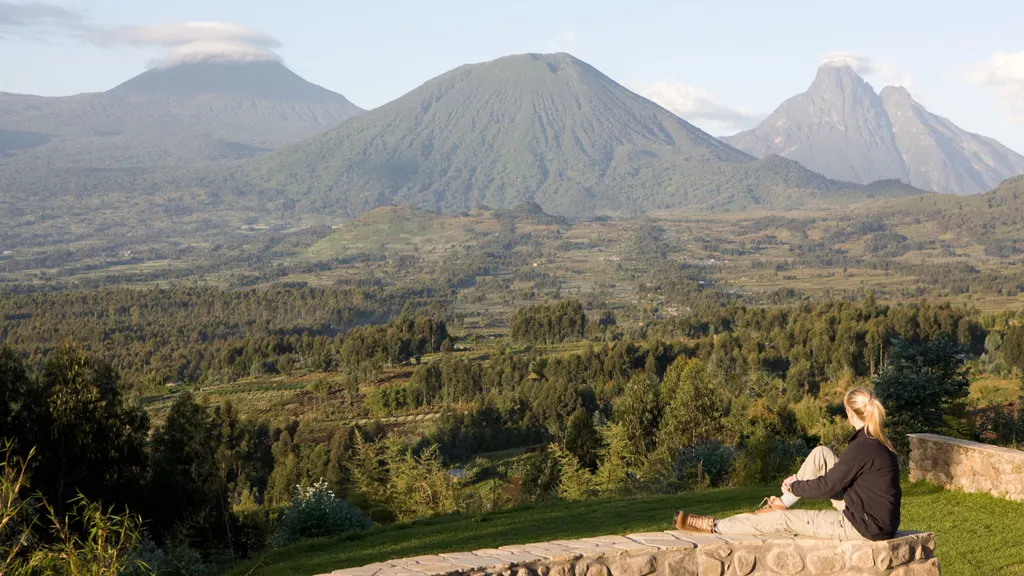
3 Days Gorilla Tour in Rwanda Volcanoes National Park
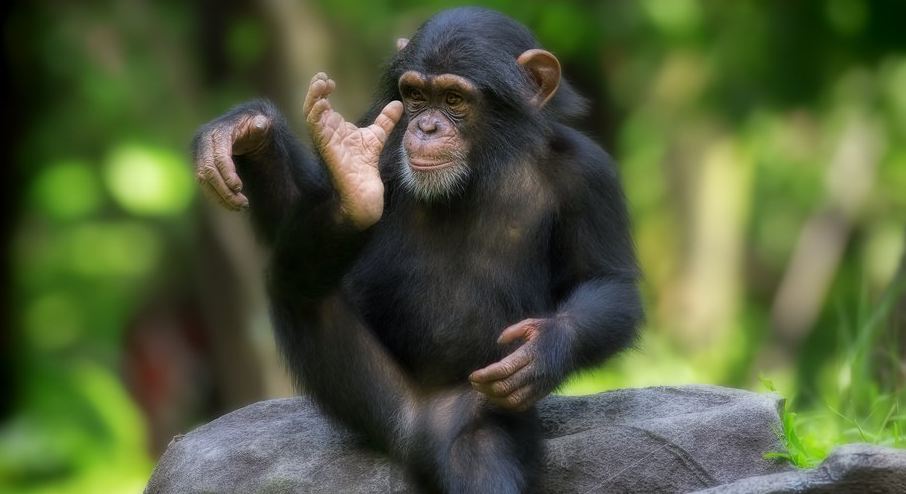
10 Days Rwanda Safari: Big 5, Chimps, Gorillas & More!
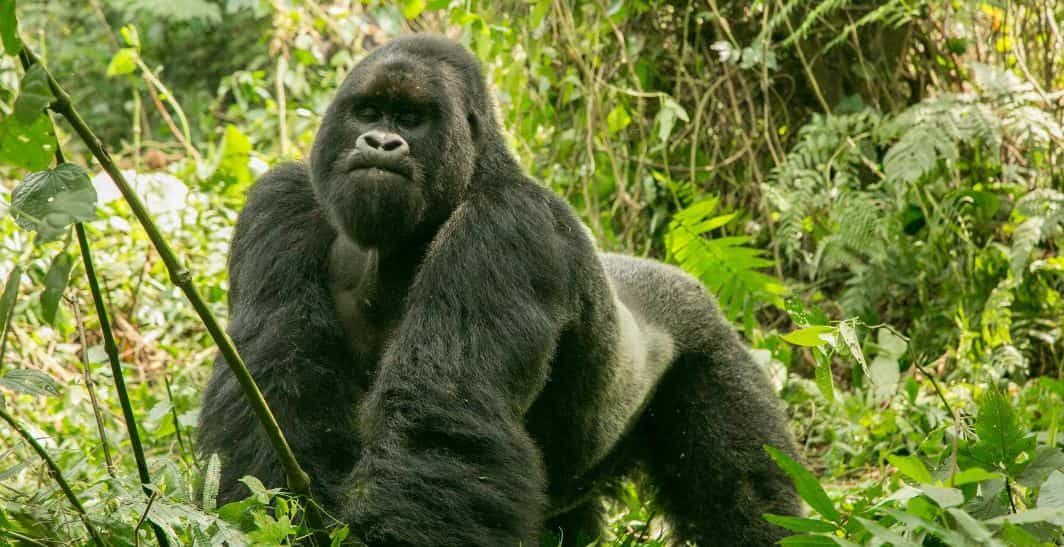
3 Days Gorilla Trek Uganda Tour via Kigali Rwanda
Is Gorilla Trekking In Rwanda Safe?
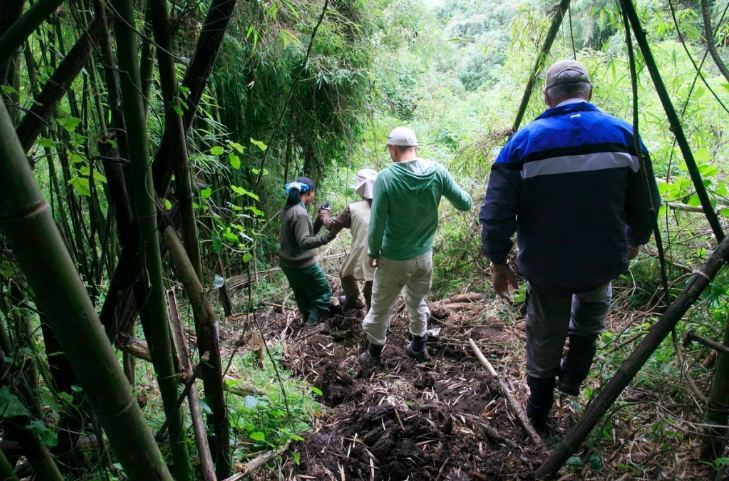
Gorilla trekking in Rwanda is considered very safe.
Dangerous incidents are unheard of. Visitors are taken to habituated gorilla families by experienced park rangers and guides. The gorillas of Rwanda see people every day and they have learned that people are no threat to them.
They typically ignore humans although young gorillas may sometimes show some curiosity. Mountain gorillas are, in essence, gentle giants.
They show little aggression toward each other and their overall vibe is very peaceful. But here are some gorilla trekking safety precautions:
- Always follow the instructions of your guide
- Please stay together as a group with your guide.
- Always keep distance of at least 7 meters from gorillas.
- Wait for the instruction from your guide if a gorilla approaches you.
- In the rare occasion of a gorilla charging, crouch down slowly, look down and wait for further instruction from your guide.
- Never look a gorilla in the eyes.
- Don’t make any sudden movements and keep your voice down.
- Never block the path of gorillas when they are walking.
- Don’t use a flash when photographing gorillas.
- Never take food or drink close to gorillas.
- Wear a hat, use sunscreen, and drink plenty of water.
- Wear sturdy walking shoes and waterproof clothing
- Bring a waterproof bag for your camera and other belongings.
Is Rwanda Safe For Solo Female Travel?
Just like Uganda, Rwanda is a tourism destination that has also been hailed as safe for solo female Travelers.
Many female tourists who come to Rwanda every year always leave without having experienced any problems at all. As with all travellers to Rwanda, it is important to be aware of your surroundings and keep valuables out of sight.
When on safari, the chance of having belongings stolen, or running into trouble, is minimal. All guests are treated with the maximum respect by staff and properties are secure.
Is It Safe To Walk Around Kigali Rwanda?
Rwanda’s capital city, Kigali is a well-run, safe, and clean. But you should keep your wits about you and observe the necessary precautions.
Bag snatching, smash and grabs in traffic, and pickpocketing around bus stations, and busy markets do occur. You need to be sensible and exercise a little caution if you want to avoid any unwanted attention.
Do not flash cash or expensive valuables. Leave valuables at your hotel and carry a small amount of cash. Be aware of your surroundings and don’t walking alone, particularly at night. If you are out at night, have a reliable lift to get you home.
Rwanda Travel Advisory
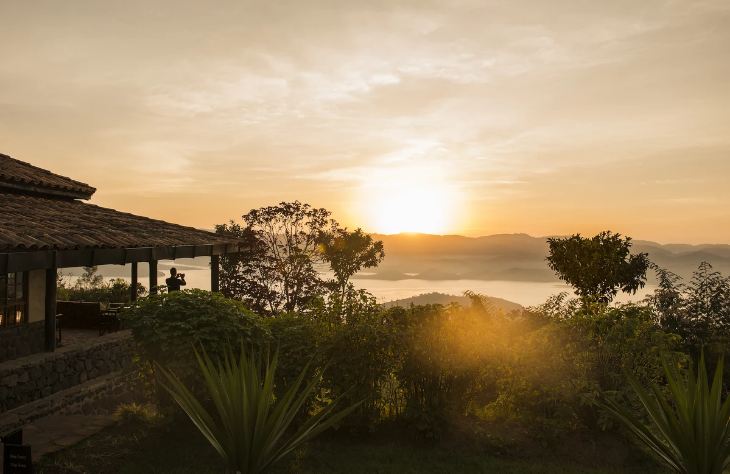
There are many travel advisories issued for Rwanda.
The governments of the USA, UK, and Canada all warn against crime in Kigali, ongoing border tensions between Rwanda and Burundi, and Rwanda and the DR Congo.
They advise that border areas are avoided and that tourists exercise caution when visiting Rwanda’s capital city Kigali. This is a changing landscape. For up-to-date travel advisories, you can check in on government websites at the below links:
- Canada Travel Advisory
- USA Travel Advisory
- UK Travel Advisory
Rwanda Travel Requirements
A passport valid for at least six months is required by all visitors to Rwanda.
Visas are required by everyone except citizens of African countries. You have an option to submit application online or at the Rwanda Diplomatic Missions of your country of residence before departure. Those applying online have option to pay online or upon arrival.
Visas are valid for three months and can usually be extended in Kigali on a month-by-month payment basis. A gorilla-trekking permit is essential.
It is important to note that children under 15 are not permitted on gorilla treks.
What Are The Safety Precautions In Rwanda?
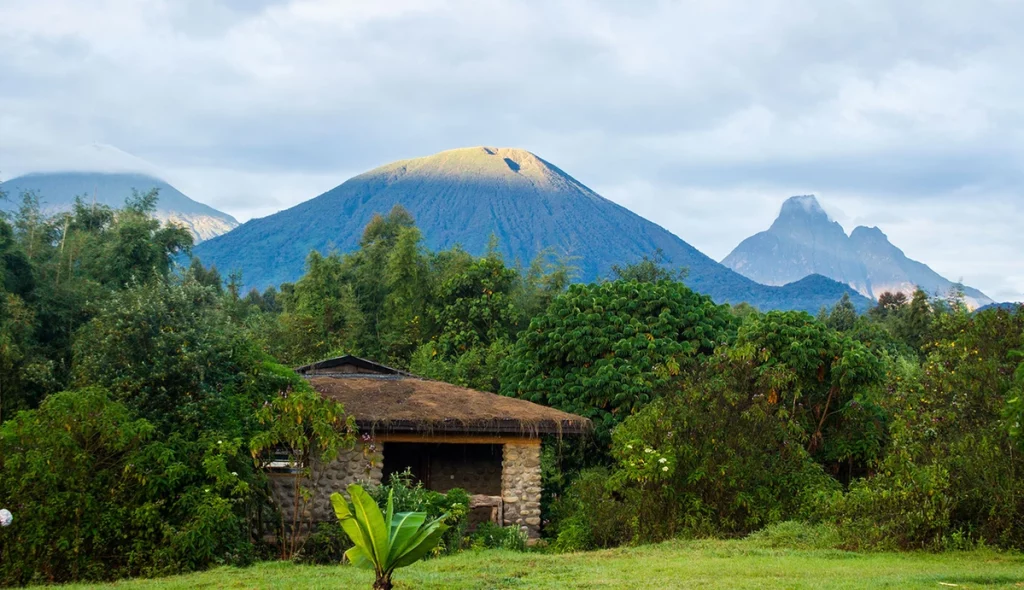
- Buy good travel and health insurance
- Rwanda’s tap water is not safe to drink.
- Do not bring plastic bags to Rwanda. Rwanda has banned the use of single-use plastics and it is illegal to bring these into the country.
- Do not liter!
- Kigali is one of the cleanest cities in the world, so much that tourists from first countries are wowed by what they see upon arrival in Rwanda.
- Littering and engaging in acts that cause disorder are frowned upon and so the culture of cleanliness and tidiness has been built among the Rwandan people
- Rwanda is a conservative country and as such, visitors should dress modestly to avoid unwanted attention.
- Solo female travelers should wear skirts that fall below the knee, and men should avoid taking off their shirts in public.
- Avoid careless talk about the genocide. Many people lost family members and trauma is still widespread.
- Be respectful and avoid referring to people by their ethnicity. To have all your questions answered, visit the Kigali Genocide Memorial which is excellent.
- If doing a self-drive in Rwanda, avoid driving at night.
- Road conditions can be bad and poorly lit, pedestrians are common, and animals are a common hazard.
- Do not drink and drive, and stick to the speed limit as fines can be hefty.
- Always be polite and respectful to police officers and military personnel.
- Stay informed by reading up-to-date travel advisories and talking to experienced travel consultants about current travel trends.
Ready To Book Your Safari In Rwanda?
View our range of affordable Rwanda safaris and gorilla trekking tours, or talk to one of our experienced travel consultants and start planning your safe safari in Rwanda today.
